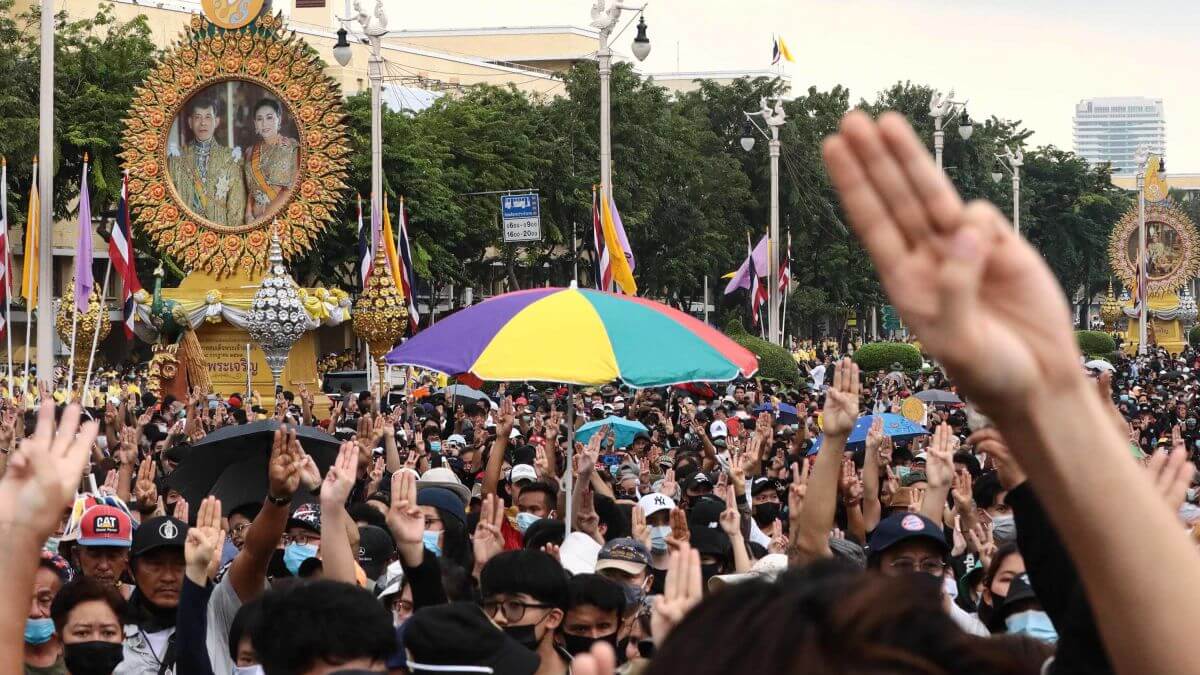Google on Monday took down two Google Maps documents that listed the names and addresses of hundreds of Thai activists who royalists accused of opposing the monarchy.
Thai royalist activist Songklod “Pukem” Chuenchoopol told Reuters he and a team of 80 volunteers had created the maps to report everyone named on them to the Thai police for violating the country’s criminal code that penalises those who insult the monarchy. Songklod, a retired army captain and prominent right-wing activist, added that his team of volunteers sought to bring attention to those accused of breaking the law. “When each of us sees something offensive posted on social media, we put it on the map,” he said, adding that this “psychological” warfare operation aimed to dissuade people from online criticism of the monarchy.
Al Jazeera qeuoted a spokesperson for Alphabet’s Google as saying that “the issue is now fixed”; they noted that Google has “clear policies about what’s acceptable for user-generated My Maps content.” “We remove user-generated maps that violate our policies,” the spokesperson added.
Reuters reported that a version of one of the maps it saw included the names and addresses of nearly 500 people, many of whom are students, and had their photos in university or high school uniforms. The map received over 350,000 views. In another map, the faces of those named had been covered by black squares with the number 112, referring to the article under Thailand’s criminal code, which makes it illegal to insult or defame the monarchy. The offence is punishable by up to 15 years in prison. However, on Monday, the agency said the map was not accessible anymore.
While human rights groups and critics of the establishment criticised the project for publicising the private data and addresses of hundreds of individuals, thus putting them at risk of violence, Songklod claimed that he considered the operation a “massive success” despite the removal of the maps.
Protests in Thailand started in 2019 after the courts banned the most vocal opposition party of former junta leader Prayuth Chan-o-cha. Thousands of youth gathered on the streets and online forums, and in an unprecedented move, presented a list of 10 demands to reform the monarchy. Protesters clarified that they do not seek to end the monarchy but only reform it. However, conservatives have been horrified by such attacks on an institution the constitution says is “enthroned in a position of revered worship.”
Google’s move to take down the maps is an attempt to alleviate possible violence between the royalists and the protesters.

